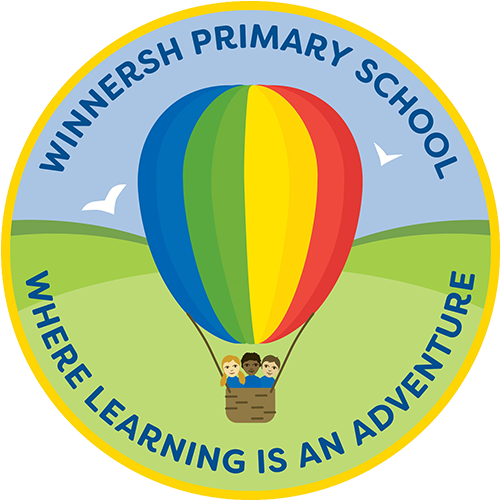Music
" Music can change the world because it can change people" (Bono)
We value music as a powerful form of communication and we hope to develop and foster a sense of school community and connectedness through music. Our aim is to provide a high-quality music education, which promotes joy and celebration, experimentation, critical thinking, risk-taking, curiosity and imagination.
Music is all around us and we aim to use it as vehicle to:
- enable children to relax;
- develop critical thinking;
- build self-confidence by learning how to play an instrument;
- foster a sense of achievement;
- help to develop memory, language and reasoning; and promote a sense of belonging.
How do we teach Music?
Throughout the school we use Charanga, as our music scheme to teach music. This is in line with the DfE Model Music Curriculum (2021). Each music lesson consists of 4 elements that contribute towards the steadily increasing development of musicianship:
• Singing
• Listening
• Composing
• Performing/Instrumental Performance
To develop children’s ability and confidence to sing and perform, whole school singing assemblies take place fortnightly, which are led by the Music Lead. In EYFS and the Lower Phase, children explore using their voices by singing songs, chants and rhymes. They enjoy experimenting with different sounds, listening to and discussing music. There are also regular opportunities for children to explore making music using tuned and untuned musical instruments.
In the Upper Phase, the children build upon the skills learnt in previous years and therefore gain more confidence and control when singing and playing instruments. The children develop skills of accuracy, fluency, control and expression. They are introduced to musical notation including staff and this is developed in Upper Key Stage 2.
Parents also have the opportunity to pay for private music lessons for their child during school hours, with a private piano teacher. During the school year, there are opportunities for children who have private music lessons to showcase their talents to an audience. All children have the opportunity to sing in class assemblies to parents throughout the year. The School Choir is run weekly and there are many opportunities for the Choir to perform in school and in community events.
In 2024-2025, the School Choir joined the Young Voices Choir at the O2 to sing with thousands of other children from a number of Primary Schools across the country. In the Summer term, there is a whole-school Talent Show, where children have the opportunity to demonstrate their creativity to large audience.
In order to develop a culture of musical appreciation and understanding, children have the opportunity to listen to music from ‘Musician of the Month’ during assemblies, and discuss the genre and musician. This music has been carefully chosen to ensure that it is linked to the Equality Act and there is a wide range of high-quality live and recorded music, which is carefully drawn from different traditions, composers and musicians.
By the time children leave Year 6, they will be able to:
- sing in harmony and with musical delivery,
- listen critically and gain a deeper understanding of how music is constructed and the impact it can have on the listener,
- perform, listen to, review and evaluate music across a range of historical periods, genres, styles and traditions, including the works of great composers and musicians,
- have experienced learning how to play a tuned musical instrument,
- understand and explore how music is created, produced and communicated, including through the inter-related dimensions: pitch, duration, dynamics, tempo, timbre, texture, structure and appropriate musical notations,
- use their voices expressively and creatively by singing songs and speaking chants and rhymes,
- experiment with, create, select and combine sounds using the inter-related dimensions of music,
- use and understand staff and other musical notations.
Musician of the Month
Each month we celebrate a different musician, find out about them and enjoy listening to some of their music. The musician is displayed on our school music board, details of the musician are emailed home to parents and also updated below. The musician's music is played as children enter and exit assemblies during the month.
July's Musician of the Month is Gurinder Kaur Kainth.
July’s Musician of the Month is Gurinder Kaur Kainth. Gurinder Kaur Kainth (born 4 December 1980), popularly known by her stage name Miss Pooja is an Indian singer and actress who primarily sings Punjabi songs in Bhangra, Pop and Folk genres. She has a master's degree in music and worked as a teacher before embarking on her singing career. She is regarded as reviving Punjabi duet songs and has released over 350 albums and recorded over 2,000 songs with more than 70 male singers, winning many awards. Her music spans many genres and she tours internationally.
